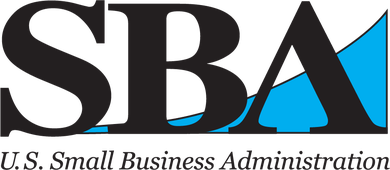Some Common Pitfalls Lenders Often Run Into that Impair the SBA Guaranty
When a loan is submitted to the Small Business Administration (SBA), the agency reviews it to determine if it will honor or deny the guaranty. As part of this process, it requires lenders to submit certain documentation, including transcripts of the most recent three years of federal tax forms, which are obtained through Internal Revenue Service (IRS) Form 4506-T. The SBA needs to know that the financial information the applicant has provided to the lender matches what was provided to the IRS.
If the lender fails to submit the proper documentation, this will result in an automatic recommendation for denial of the SBA guaranty. While it is possible to later attempt to show after the fact that this failure was not relevant to a default on the loan, such efforts almost never succeed. It is necessary to have everything in order to meet the SBA’s requirements the first time around; practically speaking there will be no second chance.
So what are some of the most common errors lenders make that put their SBA guaranty in jeopardy?
- Failure to submit 4506-T forms on the seller and obtain the seller’s transcripts in the case of a purchase of an existing business.
- Failure to obtain the required number of years of transcripts for the applicant and/or the seller. (If the business is two years old or less, then transcripts are needed only for those years it has existed. If it is an entirely new startup business, transcripts are not required.)
- Failure to obtain the correct transcripts when the status of the business changes during the year from a sole proprietorship to a different type of business entity. (In the case of such a change of status, transcripts of partial year tax returns from both the individual and the business entity are required.)
- Failure to obtain transcripts for the most recent fiscal year. (If the fiscal year ended more than six months from the date of the SBA application, that year is one of the three for which transcripts are required.)
- Failure to obtain transcripts for the Operating Company (OC) and obtaining them instead for the Eligible Passive Company (EPC).
- Failure to reconcile discrepancies between the tax forms and the transcripts. (If there are any such discrepancies that the lender is unable to reconcile, or if there are any required transcripts the lender is unable to obtain, the lender must report this to the appropriate SBA Commercial Loan Servicing Center.)
If a lender does not follow best practices and comply with the SBA’s requirements, then in all likelihood the guaranty will be denied. Thus it is crucial to steer clear of these common pitfalls.
